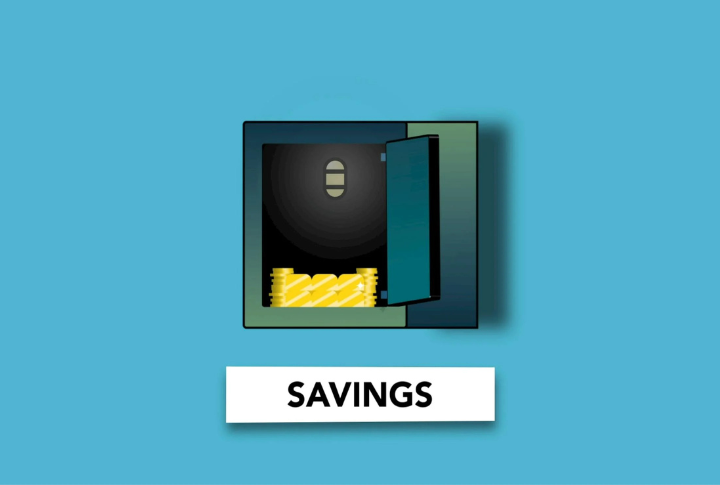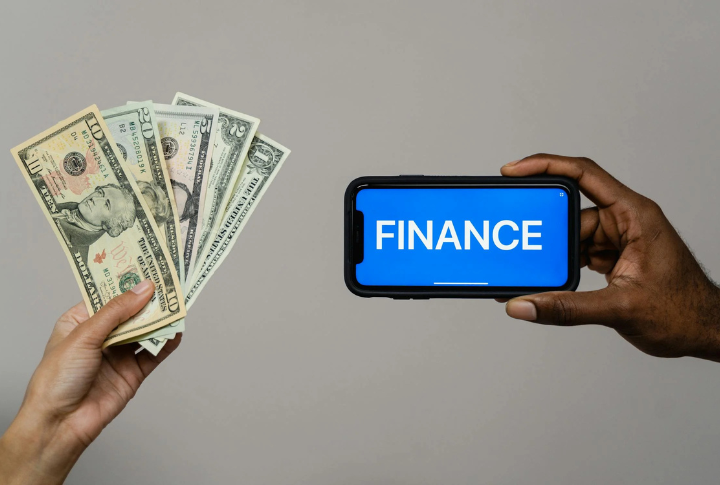
Keeping all your money in one account may seem simple, but it can blur spending and expose your balance to fraud. Multiple accounts offer more than just organization—they provide strategy. Though it may require extra logins and occasional fees, the benefits of better control and smarter budgeting often outweigh the hassle. Here’s how it works.
Boosts Financial Security

A second account adds an extra layer of protection against fraud and unauthorized access. Use one for online transactions and keep essential funds separate to minimize exposure to breaches. This strategic divide reduces liability and provides greater peace of mind in case of security threats.
Facilitates Debt Management

Set up a separate account for loan and credit card payments to boost your financial control. By enabling automatic minimum payments, you’ll avoid missing due dates and incurring extra fees. With a dedicated account, tracking expenses becomes simpler and ensures steady cash flow, easing financial stress.
Strengthens Emergency Readiness

Unplanned costs can shake financial stability. An emergency fund in a separate account ensures you’re ready for life’s curveballs—medical bills, car repairs, as well as job loss. This prevents disruptions to everyday cash flow or savings meant for other priorities, safeguarding long-term financial well-being.
Tracks Subscriptions

Monthly charges lurk in the background, quietly shrinking disposable income. With a second bank account, it’s easy to create a dedicated supply for streaming services, memberships, and app fees to maintain control. As renewal day approaches, a glance reveals what’s worth keeping and what deserves an instant cancellation.
Maximizes Bank Perks

Banks offer perks such as higher interest rates and waived fees, which can add to significant savings. By managing two accounts strategically, you can take full advantage of each bank’s best offerings, optimizing your financial benefits while ensuring greater flexibility and convenience.
Controls Vacation Costs

Dream vacations shouldn’t lead to financial regrets. A dedicated travel fund keeps expenses in check, allowing you to fully enjoy the trip. With a set budget, indulging in that extra dessert or unplanned detour feels completely guilt-free. The best part? No surprise post-trip bank balance ruining your memories.
Increases Investment Discipline

Money sitting in a checking account often disappears through impulse purchases. In contrast, channeling funds into a designated investment account builds momentum toward long-term wealth. Your cash stays focused on growth and remains ready for strategic moves.
Improves Budgeting Flexibility

Allocating funds to separate accounts for specific needs makes budgeting more efficient. It offers the freedom to adapt your strategy based on current financial priorities, keeping each category in check without needing to transfer money between accounts.
Simplifies Tax Preparation

Reserved account for tax payments reduces confusion during filing season. By segregating taxable earnings or business expenses, preparing returns becomes straightforward and effortless. Organized banking saves hours and headaches, ensuring no overlooked transactions or stressful tax-time surprises.
Maximizes Side Income

Side income shouldn’t vanish into daily expenses. Standalone banking setups help track earnings and reinvest wisely. You can also see actual progress. Treating freelance or gig money as business funds, not extra cash, shifts the mindset from occasional windfall to steady financial growth.

